New studies from Harvard Chan School have found that long-term exposure to even low levels of air pollution, like those found near highways or busy city streets affects our health.
It may lower a woman’s chances of conceiving and may increase children’s risk of developing asthma. In some cases, it can also cause cognitive and behavioral problems in children.
Why it matters: Past studies have offered plenty of evidence that air pollution triggers symptoms in asthmatic children, but until now, it has been unclear if low-level exposure increases their overall health risk. For pregnant women or women going through in vitro fertilization, the effects of air quality were also largely unknown.
The background: The studies looked at exposure to nitrogen dioxide (a chemical produced in car and and truck exhaust), and fine particulate matter (PM), tiny airborne particles that can reach far into the lungs. PM is created by fossil fuel combustion in traffic, power plants, and other sources of pollution. The researchers focused on exposure to soot, a type of PM also called “black carbon,” in women undergoing IVF, and in women who were already pregnant. The scientists also measured residential distance to major roadways and traffic density at birth and in mid-childhood.
Climate Context: As climate change makes global temperatures warmer, existing air pollution may become more harmful to health. Heat and UV rays from sunlight can effectively “cook” particulates and nitrous oxides from exhaust, causing chemical reactions that form ozone and smog. A 2016 paper from Harvard Chan School found a rise in mortality rate for people exposed to both particles and high temperatures in 207 U.S. cities.
Resources:
- Traffic-related pollution linked to risk of asthma in children
- Lifetime air pollution exposure and asthma in a pediatric birth cohort
- Prenatal and childhood traffic-related air pollution exposure and childhood executive function and behavior.
- PM2.5 and mortality in 207 US cities: Modification by temperature and city characteristics
- Residential proximity to major roadways and traffic in relation to outcomes of in vitro fertilization
- Air pollution might make it harder to get pregnant

Health benefits of green aviation
Alternative jet fuels can decrease premature death rates in communities near airports and downwind, but there is more work to be done.
Vehicle emissions linked to thousands of deaths in northeast, Mid-Atlantic
An estimated 7,100 people in the northeast and Mid-Atlantic regions died as a result of exposure to ozone and fine particulate matter from vehicle emissions in 2016.
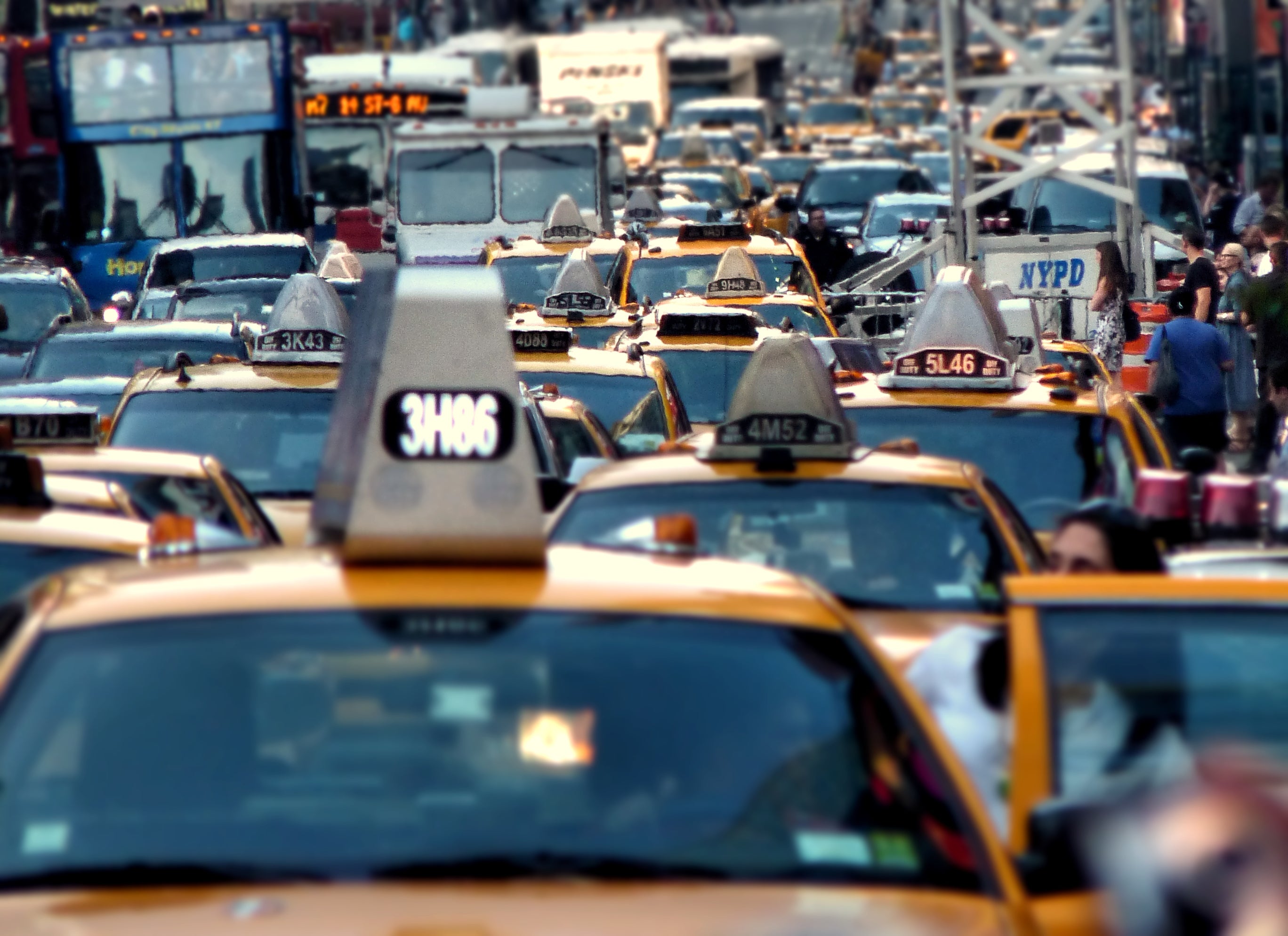
Childhood Asthma Acute Primary Care Visits, Traffic, and Traffic-Related Pollutants
This analysis suggests that traffic is a contributor to more acute asthma episodes in children.
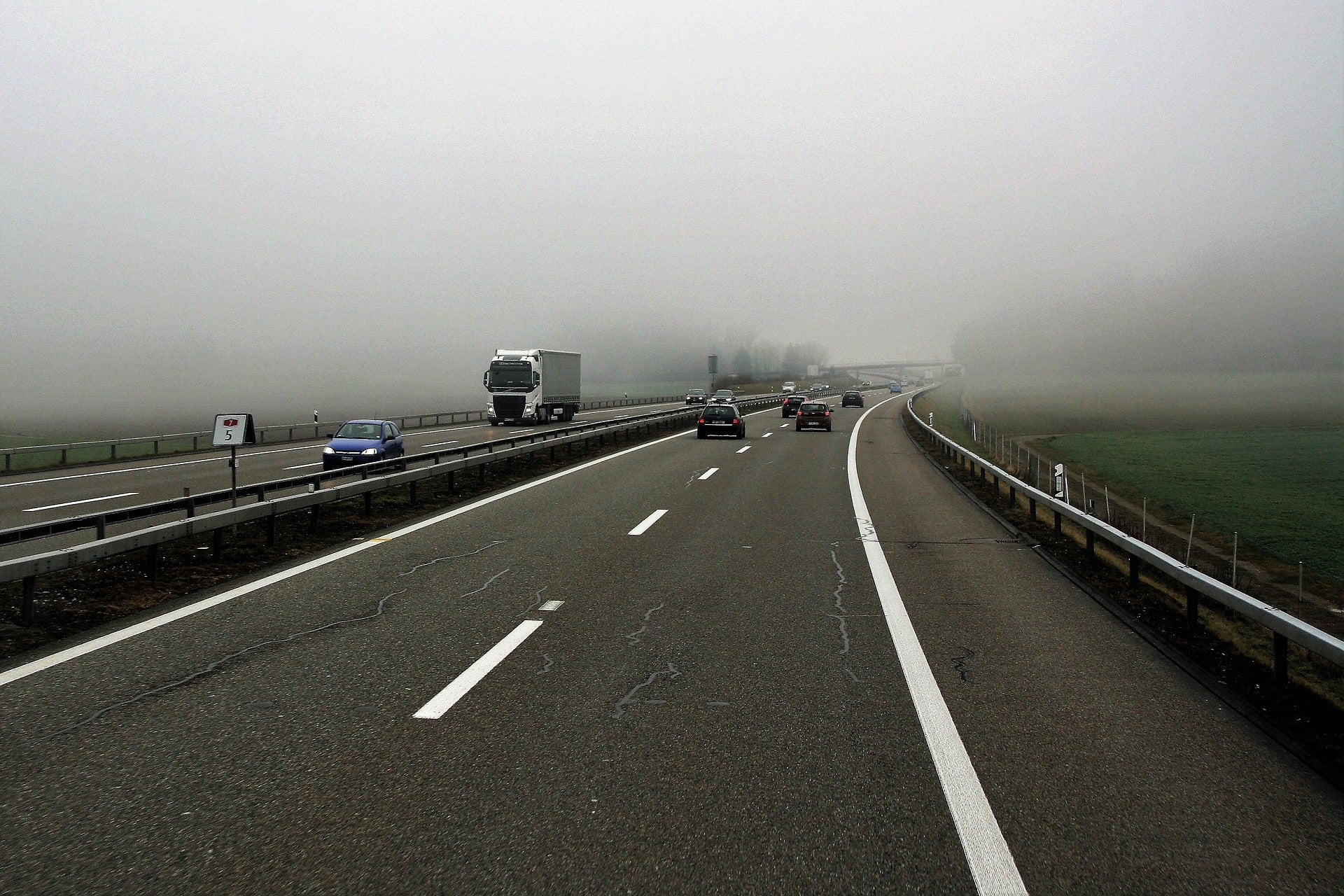
Tailpipe emissions led to 620 Mass. deaths in 1 year, study finds
New study reveals serious health impacts from out-of-state vehicle pollution and need for regional emissions policy.

Scientists show how electric big rigs and buses will save thousands of lives
In different geographic regions, different types of vehicles (e.g., trucks, buses, SUVs) cause the most deaths from pollution.

Vehicle pollution caused an estimated 2,000 New Yorkers’ deaths in one year
Over half of deaths caused by vehicle pollution in New York are from harmful emissions in other states, our new study shows.
Vehicle emissions linked to thousands of deaths in northeast, Mid-Atlantic
An estimated 7,100 people in the northeast and Mid-Atlantic regions died as a result of exposure to ozone and fine particulate matter from vehicle emissions in 2016.
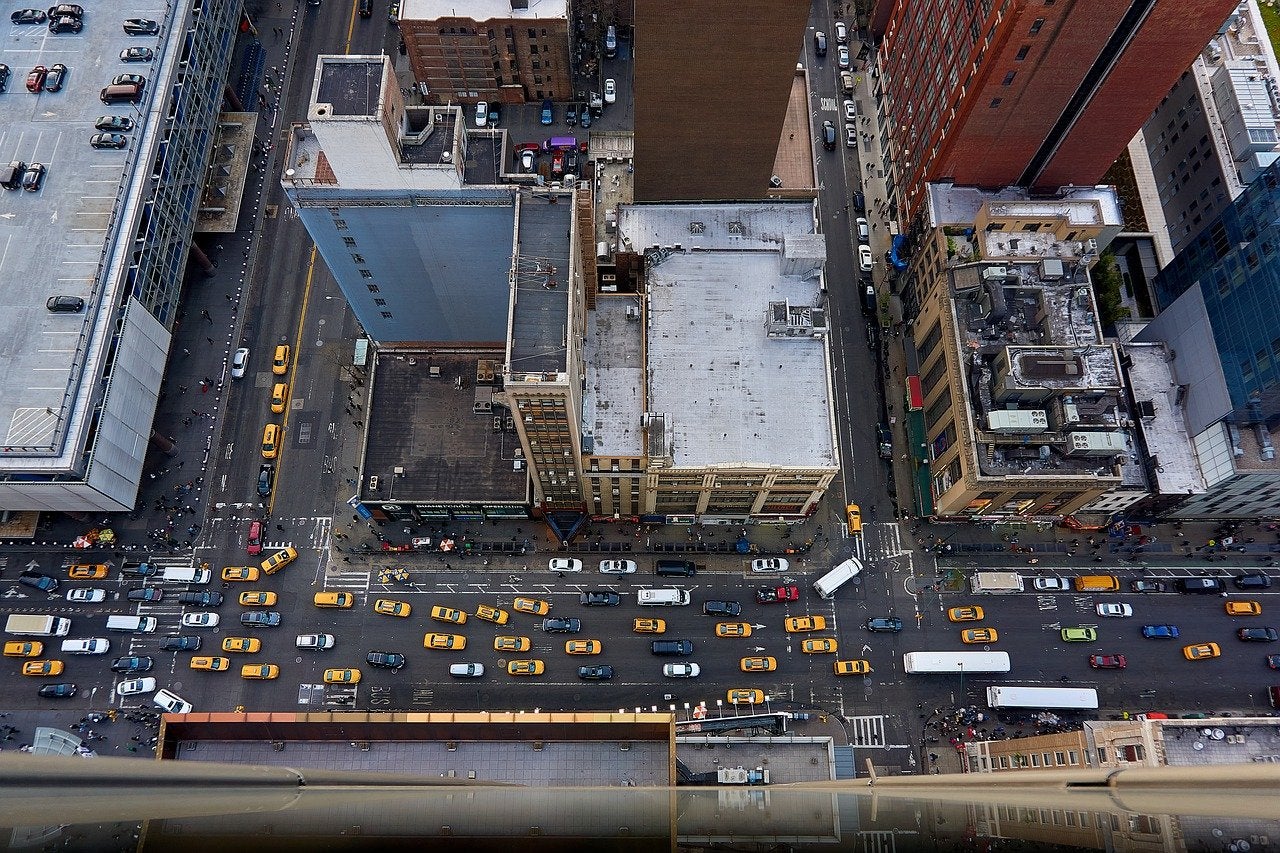
Harvard Study: Car Pollution in NYC Claims 1,400 Lives, Billions in Costs
Researchers say that the New York City metro area suffers roughly 1,400 premature deaths every year, and loses billions in health costs, because of vehicle pollution.

Car pollution killed hundreds in Mass. and thousands across 12 states, researchers say
Ozone and fine particulate matter from vehicle emissions claimed approximately 7,100 lives in 12 states and Washington, D.C., in 2016, including about 620 in Massachusetts, a new study found.

Vehicle Pollution Leads to Thousands of Early Deaths and Costs Billions in Northeast and Mid-Atlantic, Study Says
Pollution from vehicle emissions caused thousands of deaths and led to billions of dollars in health care costs in a single year in the Northeast and mid-Atlantic, even affecting those who don't live near the source, according to a new study.

Pandemic slashes Boston traffic
Our Research Scientist Jonathan Buonocore talks about the possible health benefits of reduced vehicle pollution in Boston.
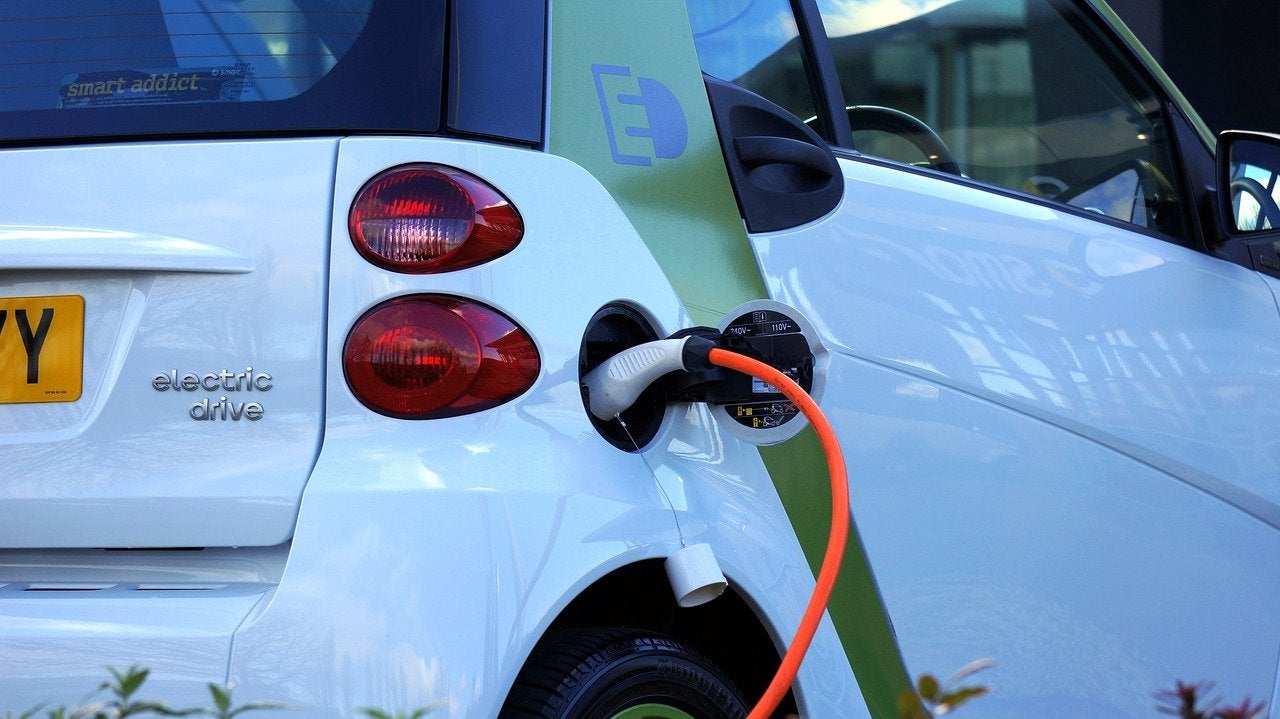
How Your Car Can Make the Air Cleaner
"My patients have been set up to do poorly through no fault of their own because the pollution in their environment is working against them,” says our Health Equity Fellow Dr. Gaurab Basu.
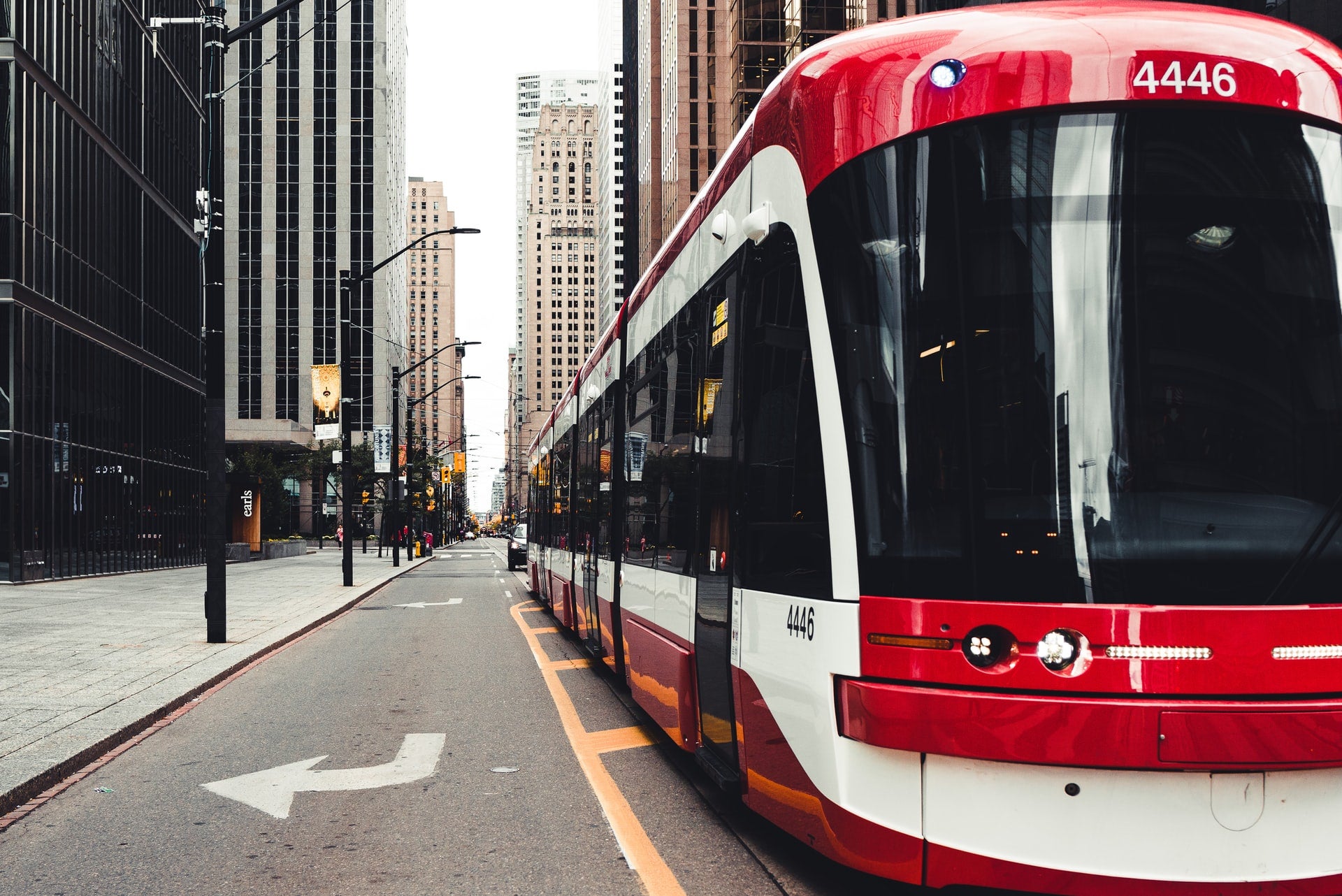
Episode 229: Deadly Outbreaks Persist At Nursing Homes; How Transportation Emissions Harm Our Health
Kathy Fallon Lambert talks about the number of lives we could save if we cut our transportation emissions
